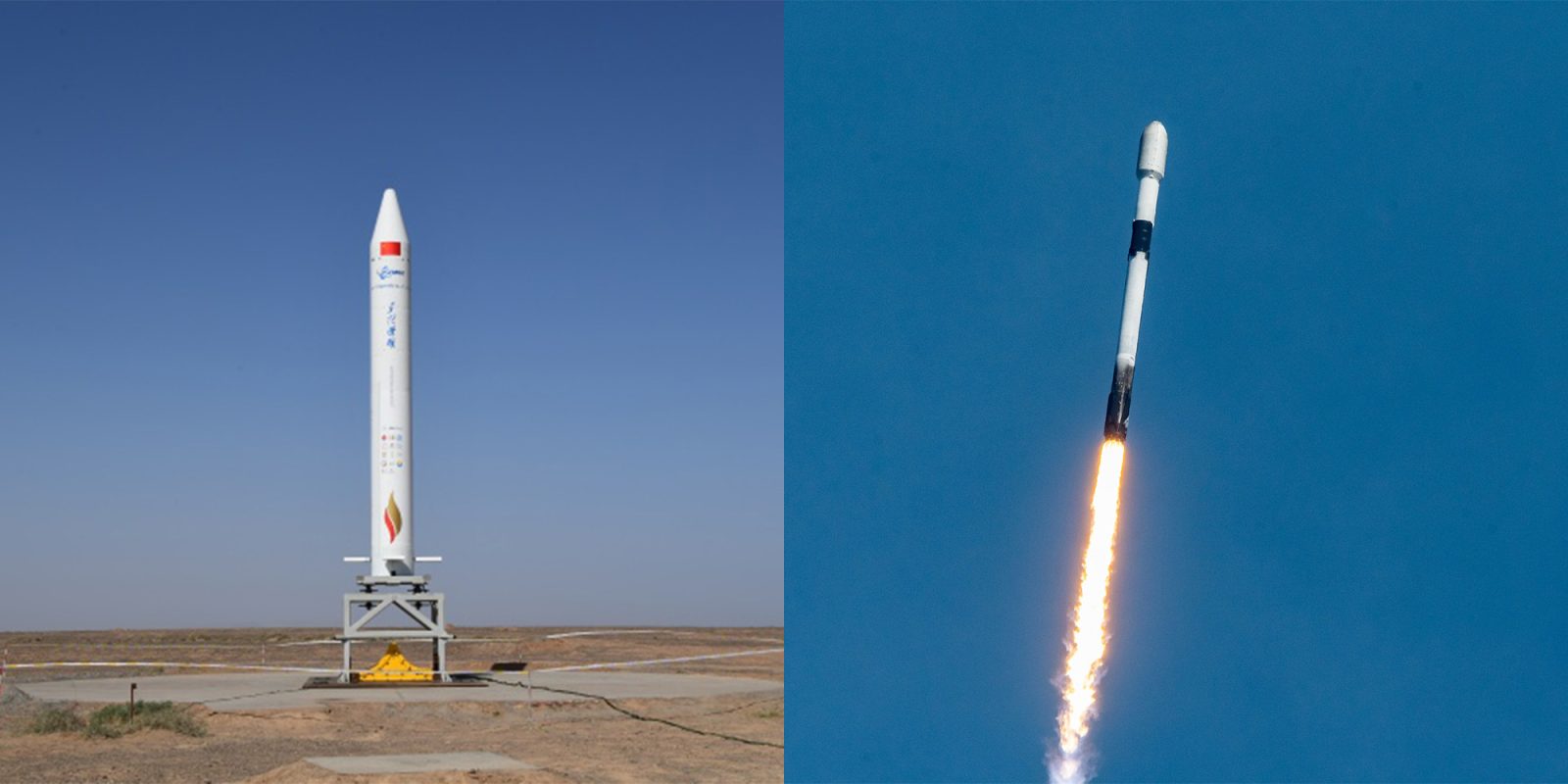
If you thought last week was empty on the launch schedule, this week looks to be even worse for those wanting to see more launches. Right now, on the schedule, we only see one launch from North America or Europe, to no one’s surprise, that is SpaceX.
This week’s launches:
- April 5
- i-Space Hyperbola-1 Unknown Payload, 12:10 a.m. EST
- Site 95, Jiuquan Satellite Launch Center, China
- i-Space Hyperbola-1 Unknown Payload, 12:10 a.m. EST
- April 7
- SpaceX Falcon 9 Intelsat 40e/TEMPO, 12:30 a.m. EST
- SLC-40, Cape Canaveral Space Force Station, Florida
- SpaceX Falcon 9 Intelsat 40e/TEMPO, 12:30 a.m. EST
First i-Space launch of the year
Out of China’s new and growing commercial space market comes i-Space, not to be confused with iSpace (no hyphen), the Japanese company launching robotic landers and rovers to the Moon. You have to love China’s respect for other countries’ IPs.
Anyways, the company is launching its first rocket of 2023. While it’s China, we won’t know much about what is happening; it’s still exciting to see a new company attempt to join the market, especially in a more restrictive economy.
This will be i-Space’s fifth launch attempt of its solid rocket-fueled Hyperbola-1 rocket. Out of its previous four launch attempts, three have failed. Since this is coming out of China, knowing the mission’s outcome might take some time. If successful, it should be a quick announcement, but if not, we might have to search around Chinese social media for the answer.
SpaceX to launch special Intelsat satellite
It wouldn’t be a week without at least one SpaceX launch as they try to get to 100 launches this year. So carrying all our launch fixes this week will be a Falcon 9 out of Florida carrying the Intelsat 40e payload to a geostationary transfer orbit. This satellite will provide communication services for North and Central America but will also host a NASA payload.
TEMPO, Tropospheric Emissions: Monitoring of Pollution, is an instrument attached to the Intelsat satellite. Operated by NASA, it will be able to take hourly measurements of pollution levels across North America. It will be the first instrument of its kind to provide these sorts of readings on where and how much pollution is being created, allowing us to make better changes to reduce the number of carbon emissions.
It will launch on a Falcon 9 booster that has flown three times before, B1076, and will make its fourth landing on a droneship, most likely A Shortfall of Gravitas. This will be SpaceX’s 23rd launch of 2023 and number 227 overall.
FTC: We use income earning auto affiliate links. More.



Comments